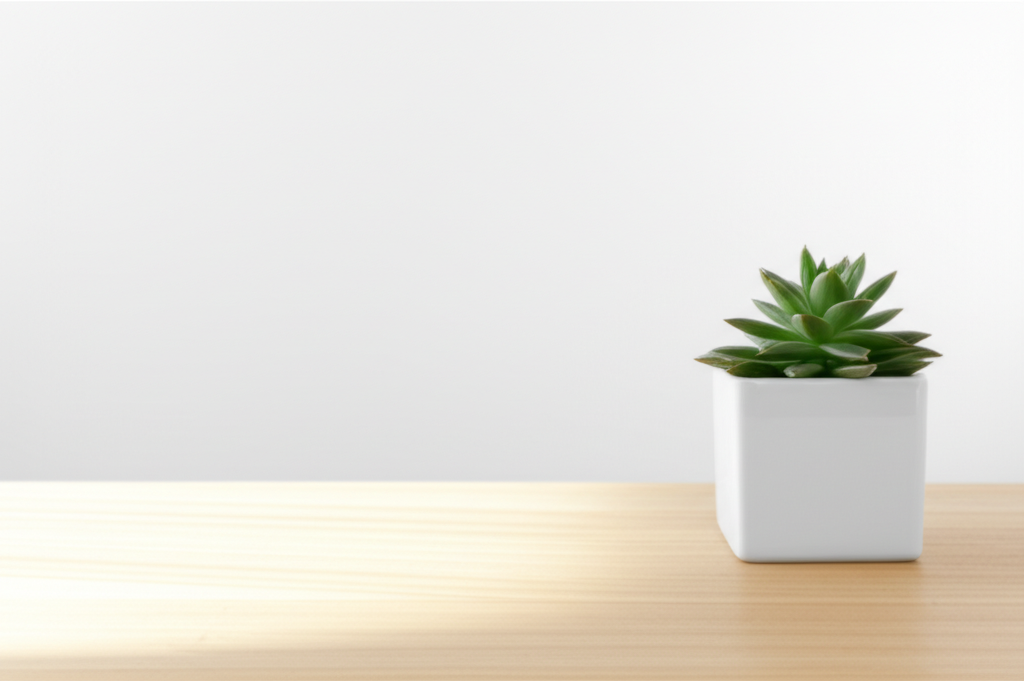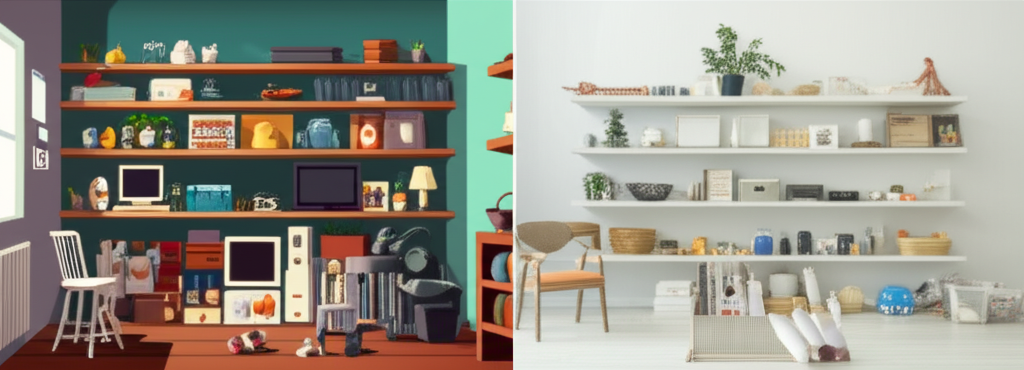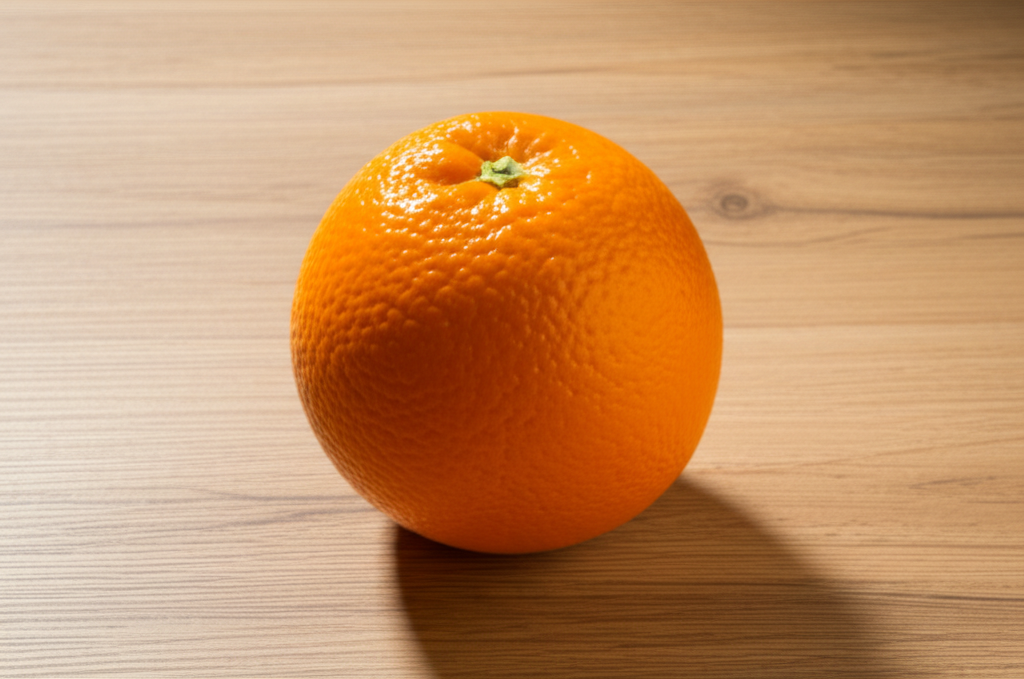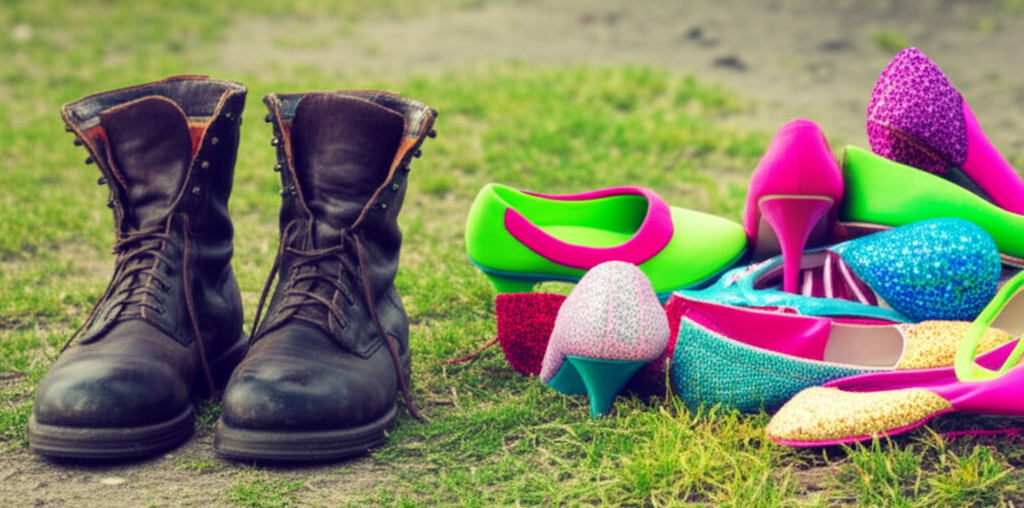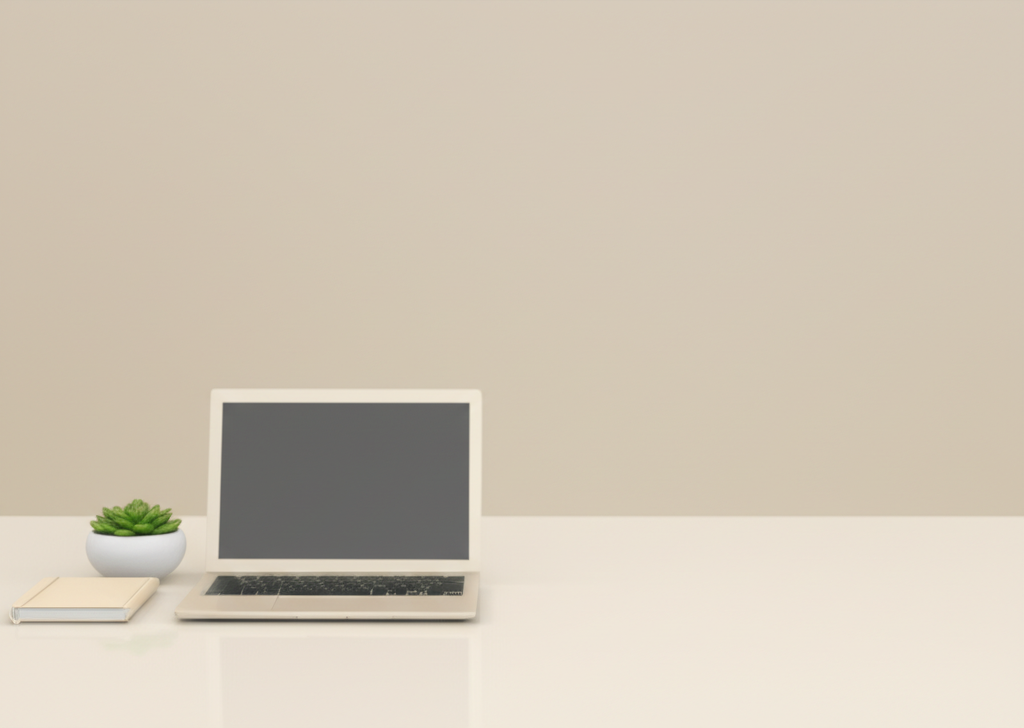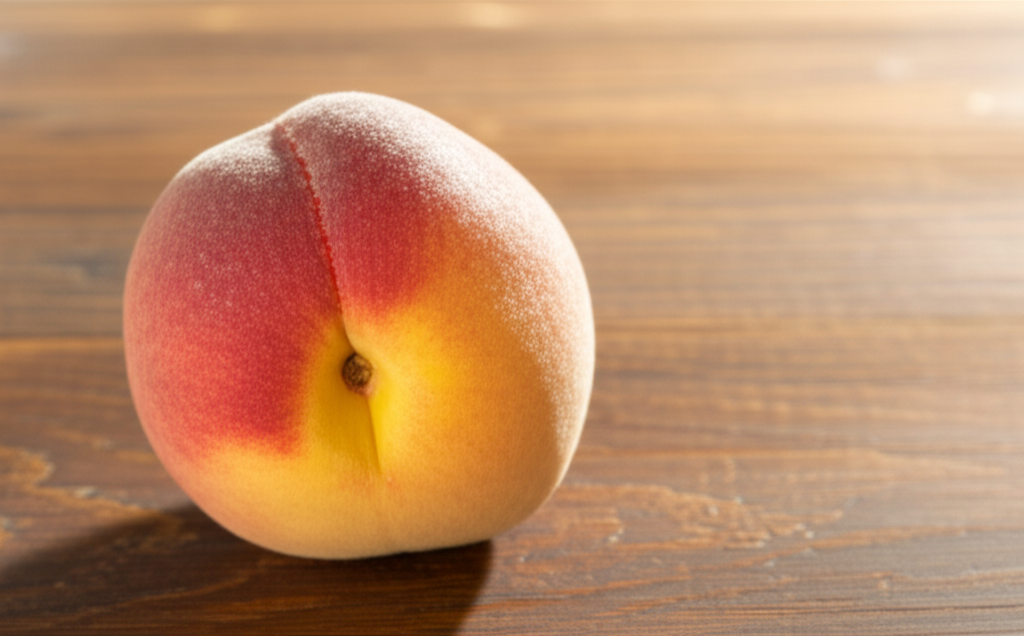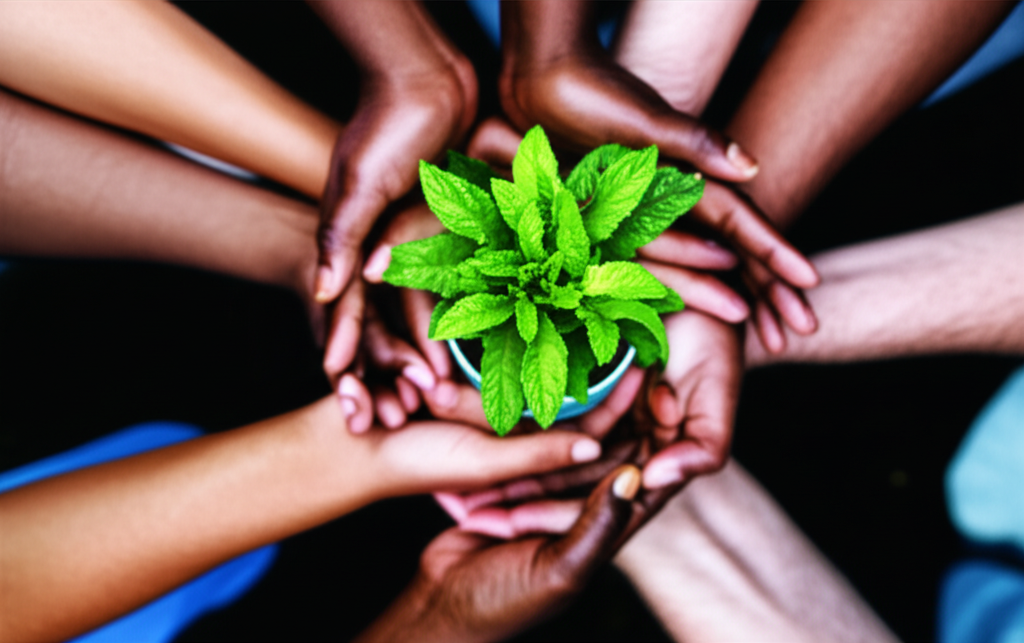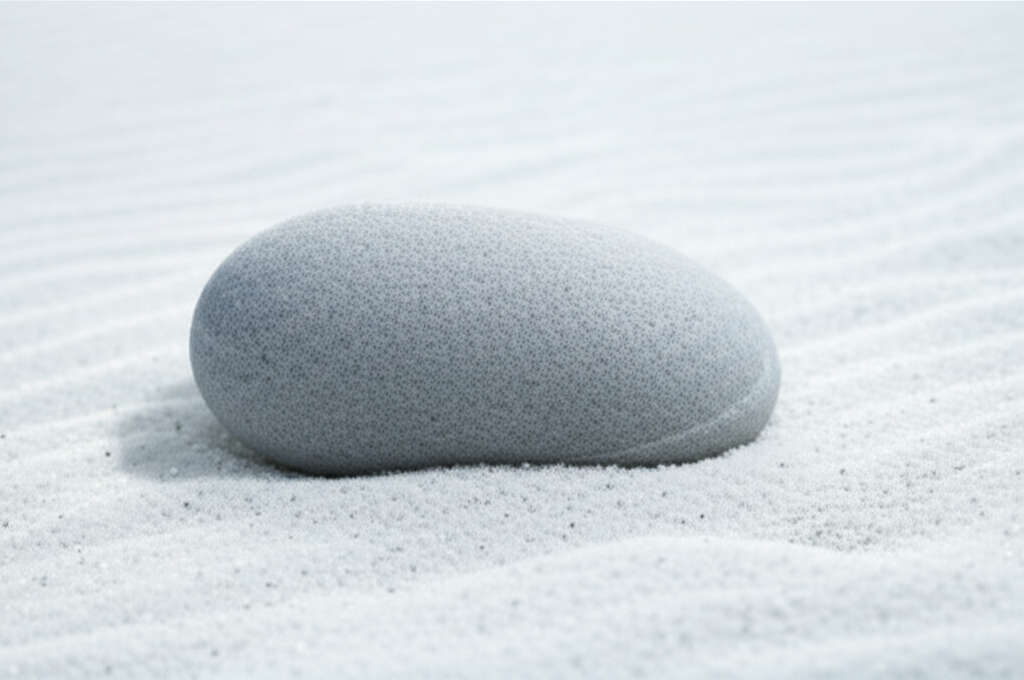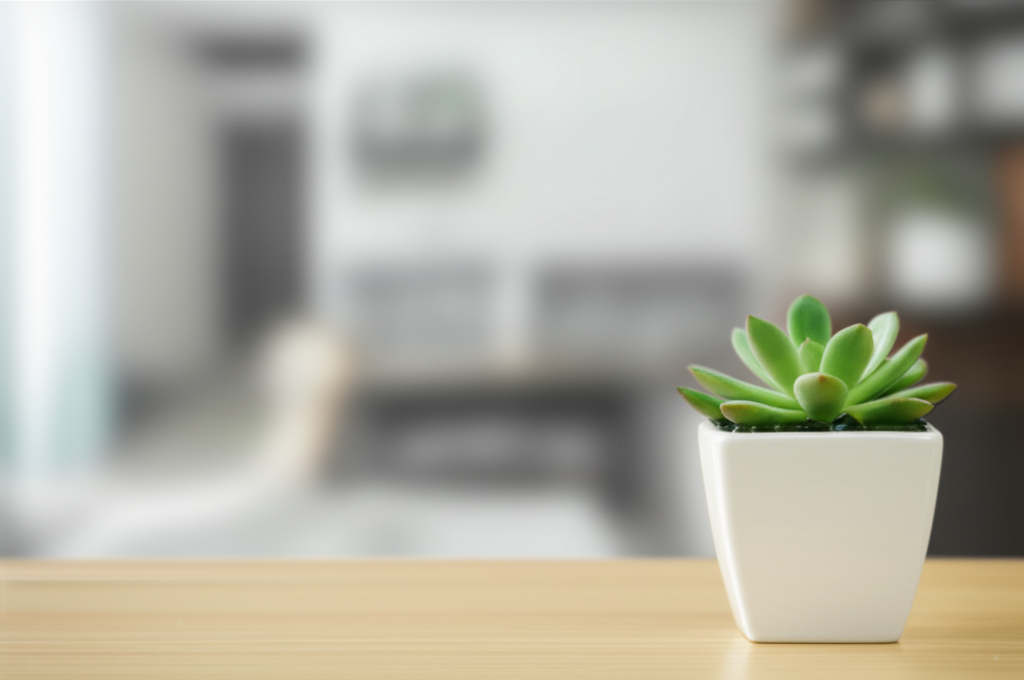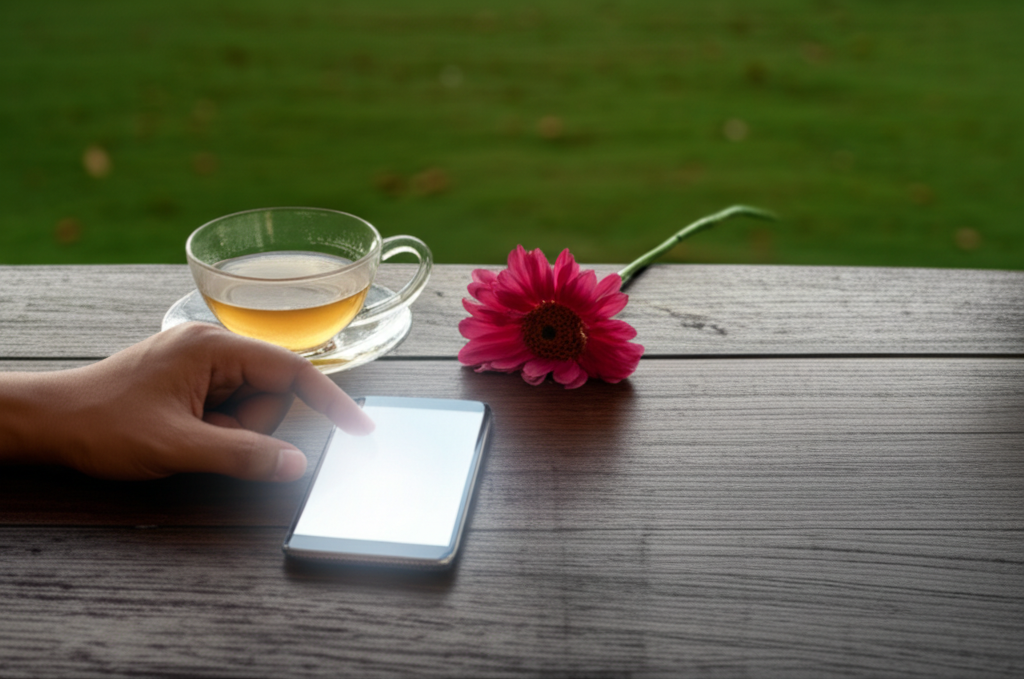Digital Minimalism: Reclaiming Your Attention
In 2025, the relentless barrage of digital notifications and information overload has become a significant obstacle to true happiness. Digital minimalism isn't about abandoning technology entirely; it's a conscious choice to curate your digital life, prioritizing what truly adds value and eliminating the rest. It's about reclaiming your attention and focusing on what truly matters.
The core principle of digital minimalism is intentional living in the digital sphere. Before adding a new app or social media platform, ask yourself: does this genuinely enhance my life, or is it simply another distraction? If the answer isn't a resounding yes, resist the urge to download.
A key step is conducting a digital declutter. This involves auditing your current technology usage. Identify apps, websites, and social media platforms you rarely use or that consistently leave you feeling drained or anxious. Then, make the conscious decision to uninstall, unfollow, or limit your engagement with these digital distractions.
Once decluttered, establish intentional boundaries. Set specific times for checking emails, responding to messages, and engaging with social media. Avoid mindless scrolling and aim for focused interactions. Consider using website blockers or app timers to enforce these boundaries.
Digital minimalism isn't a one-time fix; it's an ongoing process of refinement. Regularly review your digital consumption and make adjustments as needed. Be honest with yourself about what serves you and what doesn’t. The goal is to create a digital environment that supports, rather than detracts from, your well-being.
Implementing digital minimalism can unlock significant benefits. You'll likely experience reduced stress and anxiety, improved focus and productivity, and a greater sense of presence and contentment in your daily life. It allows you to be more present in the physical world and deepen connections with the people around you. The ultimate aim is to create space for deeper, more meaningful experiences.
Consider these practical steps to begin your digital minimalism journey:
- Digital Detox Weekends: Take regular breaks from technology to reconnect with yourself and your surroundings.
- Mindful App Usage: Become more conscious of how much time you spend on each app and why.
- Embrace Offline Activities: Cultivate hobbies and activities that don’t involve screens.
- Prioritize Real-Life Connections: Schedule quality time with loved ones and nurture meaningful relationships.
By reclaiming your attention through digital minimalism, you'll pave the way for a more fulfilling and joyful life in 2025 and beyond.
